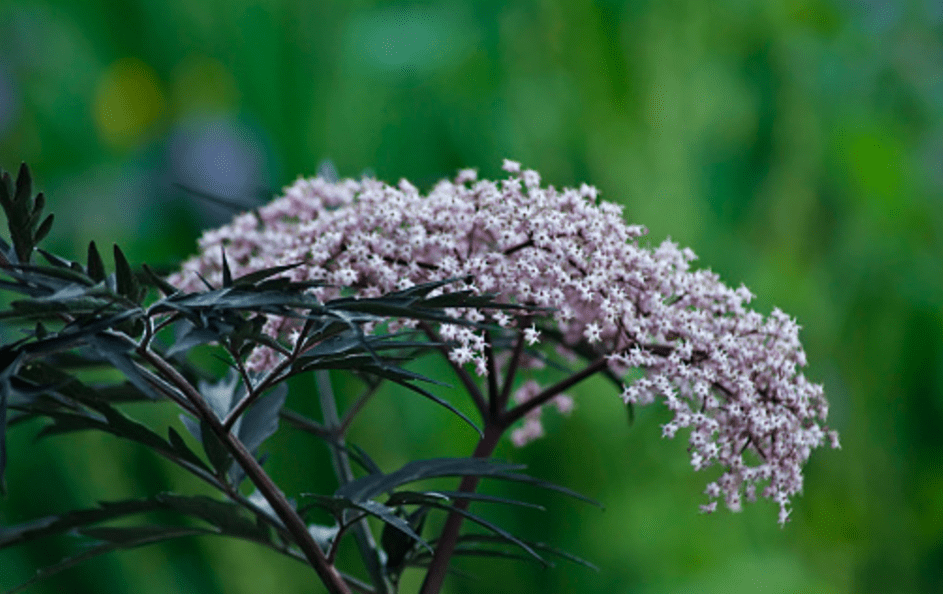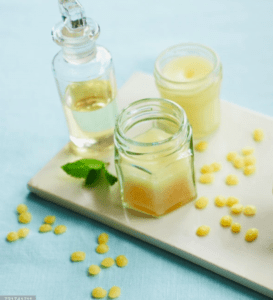
03 Jul Skin Creams and Skin Potions
If you’re wondering whether a lotion or cream will do what it claims, only a few substances have a scientifically demonstrated ability to reduce or prevent wrinkles in controlled studies. Most of the ingredients in skin care products aren’t harmful, but while you may enjoy their fragrance, texture, or temporary effects, you may want to think twice about investing too much hope or cash in unproven promises.
Although cosmetic claims are allowed without scientific substantiation, medical claims such as removing dandruff or altering skin structure or function are regulated. A product that makes medical or health claims is classified as a drug for which scientific studies demonstrating safety and effectiveness must be submitted to the FDA.
There are no government standards for the use of words on cosmetic labels such as “natural,” “herbal,” “dermatologist-tested,” “allergy-tested,” “nonirritating,” “hypoallergenic,” or “cruelty-free, non–animal tested.” These terms are often employed solely for marketing purposes and the ingredient list on the label is the only source of reliable, government-required information.

Moisturizers
A good moisturizer is one of the foundations of an effective skin care regimen for dry or older skin. Moisturizers can soothe dry skin and make wrinkles less noticeable, even though the effect is temporary. But with so many to choose from, how do you decide?
You may be surprised to learn this, but petroleum jelly is one of the most effective moisturizers, especially when used right after bathing to seal in moisture. Non-petrolatum jelly is a healthier non-toxic option. But many people dislike using it on their faces because it looks and feels greasy. Instead, creams and lotions that contain some water are a better choice for a facial moisturizer. Many of these creams and lotions are humectants, an oil-free class of moisturizer that binds water to skin, so the smoothing, softening effects may last longer.
Most commercial moisturizers contain water, glycerin, petrolatum, stearic acid, propylene glycol, and lanolin. Some contain botanical ingredients such as jojoba oil, coconut oil, safflower oil, and linoleic acid which help maintain the skin’s outer layer of keratin and keep skin supple.
Exfoliants
Moisturizers that contain exfoliant ingredients can improve the appearance of the skin by removing dead surface skin cells. As a result, they can smooth the skin’s appearance and even out some discoloration from too much sun exposure. Exfoliants can be particularly useful for aging skin that appears rough and sallow because older skin doesn’t slough off dead surface skin cells as easily as younger skin does.
Two chemical exfoliants, alpha hydroxy acids (AHAs) and beta hydroxy acids (BHAs), are considered superior to many exfoliating scrubs, masks, soaps, toners, and abrasive cloths. That’s because they change cell growth patterns and may help renew collagen.
Alpha hydroxy acids
Alpha hydroxy acids (AHAs) are obtained from various fruits including grapes, citrus fruits, and apples. You’ll find them listed on product labels as glycolic acid, lactic acid, malic acid, hydroxycaprylic acid, alpha-hydroxyoctanoic acid, triple fruit acid, or sugar cane extract.
Although the FDA does not regulate AHAs as drugs, it has issued guidelines on their safe use because they can cause skin irritation and increase skin sensitivity to UV rays. Choose products that contain an AHA concentration of 10% or less and a pH of 3.5 or more (lower pH numbers are more acidic), and use a sunscreen in conjunction with AHA-containing products. AHAs, particularly glycolic acid, are used in chemical peels in concentrations of 20% to 30% and higher.
An FDA review panel concluded that cosmetologists or skin aestheticians could safely use glycolic acid and lactic acid at concentrations not greater than 30% and with a pH not lower than 3.0 for brief skin care sessions provided that thorough rinsing and daily sun protection follow. In higher concentrations, AHAs should be applied by a physician.
Beta hydroxy acids
Beta hydroxy acids (BHAs), another type of cosmetic exfoliant, are moderately effective at improving the surface of the skin. The BHA used in skin care products is salicylic acid, a relative of aspirin. Salicylic acid is more effective than AHAs in reaching oily areas of the skin such as the pores which makes it useful if you have oily skin or if you’re having problems with acne.
Salicylic acid can be found in many acne products at effective levels of 1.5% to 2%. But anti-wrinkle products containing these ingredients tend not to list the percentage on their labels so it’s difficult to know whether they contain sufficient amounts to be effective. The FDA recommends that you first test a BHA product on a small patch of skin to see if irritation occurs and that you use a sunscreen at the same time because BHA can increase the skin’s sun sensitivity (see “Sunscreen Tips” for how to apply sunscreen). For a list of non-toxic and mineral based sunscreens, you can reference the Environmental Working Group’s 2017 list of top recommendations.
Cosmeceuticals
Some cosmetics contain ingredients—known in the industry as cosmeceuticals—that have medicinal or drug-like benefits. These agents which include vitamins, growth factors, and peptides are found in products prescribed by dermatologists and many others that are available over the counter. The FDA does not recognize the term cosmeceutical (nor does it acknowledge the term “skin tightening”) and does not regulate most of these substances for safety or effectiveness, although it makes recommendations on some.
A few cosmeceuticals show some promise in protecting against the effects of aging and photo damage. Studies demonstrate that they diminish wrinkles and age spots, smooth skin texture, and reduce the yellow hue that can come with age.
Vitamins and antioxidants
Some of the most confusing questions in skin care concern the use of vitamins and antioxidants such as vitamins A, C, E ,and ubiquinone (coenzyme Q10). In theory, the use of these substances in moisturizers and other cosmetics makes sense. At the cellular level, antioxidants ward off damage from molecules called free radicals which cause oxidative damage.
Some vitamins and antioxidants may be beneficial when applied to the skin. Derivatives of vitamin A are the active ingredients in retinoids, drugs that reduce photodamage and increase collagen production. Studies have reported that vitamin C helped repair elastic tissue and increase collagen and that vitamin B3 (niacinamide) reduced signs of photoaging as well as the cancer-causing effects of ultraviolet radiation. There is limited evidence that coenzyme Q10 moderately reduces lines and guards against ultra violet light damage. Alpha lipoic acid, another anti- oxidant, reportedly decreases wrinkles, age spots, and roughness. Copper, an antioxidant metal, may play a role in collagen and elastin production.
Combining antioxidants may be more effective than using a single antioxidant alone. For example, combining vitamins C and E with ferulic acid, a plant antioxidant, has been shown to help protect against photo aging and skin cancer. As has combining vitamin C, ferulic acid and phloretin. Regardless of the formulation, antioxidants should be used with sunscreens to enhance their protective effects.
What to avoid
It’s always important to read the ingredient labels of creams and lotions especially if you have sensitive skin. Although irritation from moisturizers is uncommon, some products may contain substances that can cause problems. The American Academy of Dermatology advises people with sensitive skin to avoid skin care products with the following ingredients:
- Fragrances and preservatives, including parabens
- Antibacterial ingredients
- Solvents that penetrate the skin, including propylene glycol and ethanol
Need skin care help?
If you or someone you know has dermatological concerns or simply needs skin care help, feel free to get in touch.
Naturopathic Physician, Menopause Clinician, Acupuncturist, and Health Educator

